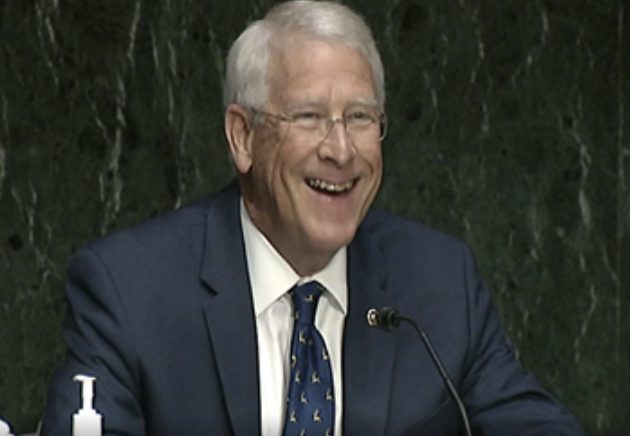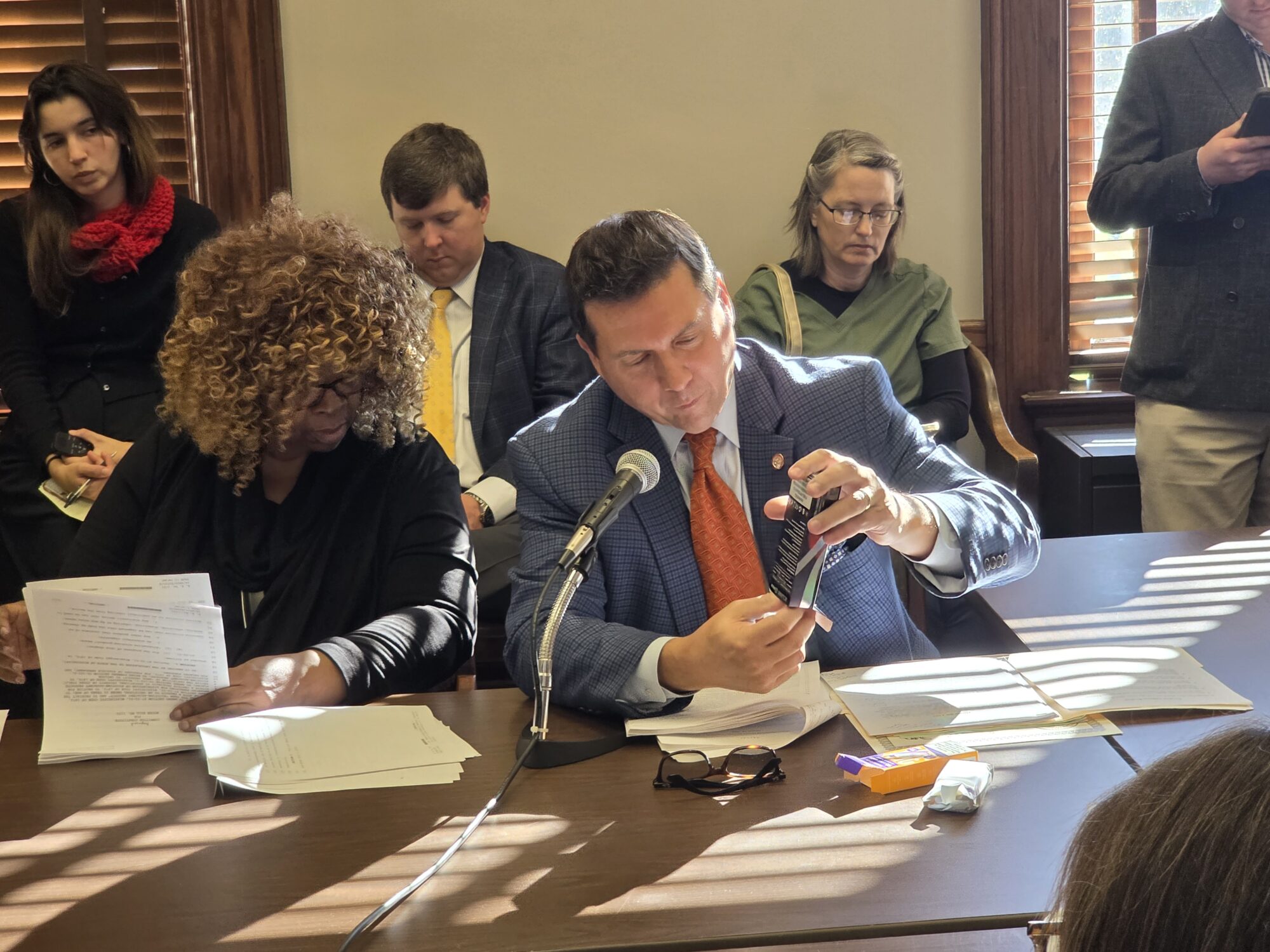
(Governor Tate Reeves signs the Mississippi Fairness Act - March 2021)
Mississippi joined 20 states in the lawsuit that challenges Biden’s expansive interpretation of antidiscrimination laws.
Tennessee Attorney General Herbert Slatery filed a lawsuit in U.S. District Court in Knoxville seeking to stop orders that extend federal sex discrimination protections and expand guidance that would allow transgender persons access to female sports and bathrooms. Twenty states, including Mississippi, have joined in the lawsuit.
The argument against the Biden Administration’s guidance state that legal interpretations by the U.S. Department of Education and the Equal Employment Opportunity Commission are based on a misconstrued view of U.S. Supreme Court case law.

“With the stroke of a pen, the Biden-Harris Administration is tearing down all the advances we have made over decades for equality in girls’ sports,” Attorney General of Mississippi Lynn Fitch told Y’all Politics. “My colleagues and I will not stand by and let school-aged girls be a political pawn in the Administration’s power games.”
Mississippi passed the Fairness Act earlier this year in an effort to ensure no biological males were able to participate in female athletics in the state’s schools. That legislation was authored by State Senator Angela Hill and signed into law in March by Governor Tate Reeves.
According to the states’ filing, Biden’s guidance purports to resolve highly controversial and localized issues such as whether employers and schools may maintain sex-separated showers and locker rooms, whether schools must allow biological males to compete on female athletic teams, and whether individuals may be compelled to use another person’s preferred pronouns.
“But the agencies have no authority to resolve those sensitive questions,” the states argue, “let alone to do so by executive fiat without providing any opportunity for public participation.”
This past June, the Department of Education said that the discrimination based solely on the sexual orientation or gender identity of a student will be treated as a violation of Title IX.
The Department of Education says there was “no persuasive or well-founded basis” to treat education differently than employment.
In June, the Equal Employment Opportunity Commission had also released clarification about what would be defined and considered as discrimination against LGBTQ people and advised the public about how to file a complaint.
The states participating in this action are: Alabama, Alaska, Arizona, Arkansas, Georgia, Idaho, Indiana, Kansas, Kentucky, Louisiana, Mississippi, Missouri, Montana, Nebraska, Ohio, Oklahoma, South Carolina, South Dakota, Tennessee and West Virginia.











